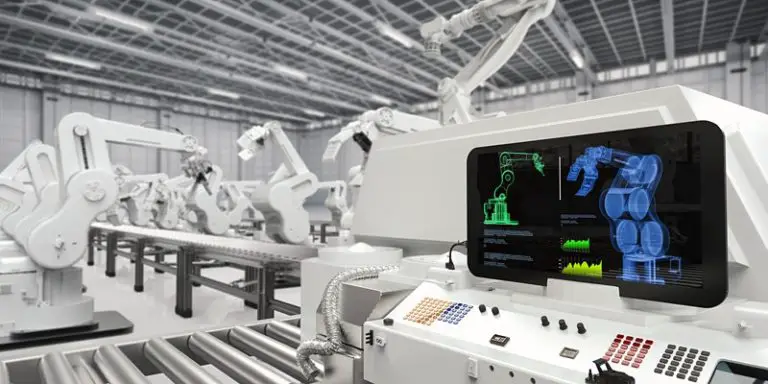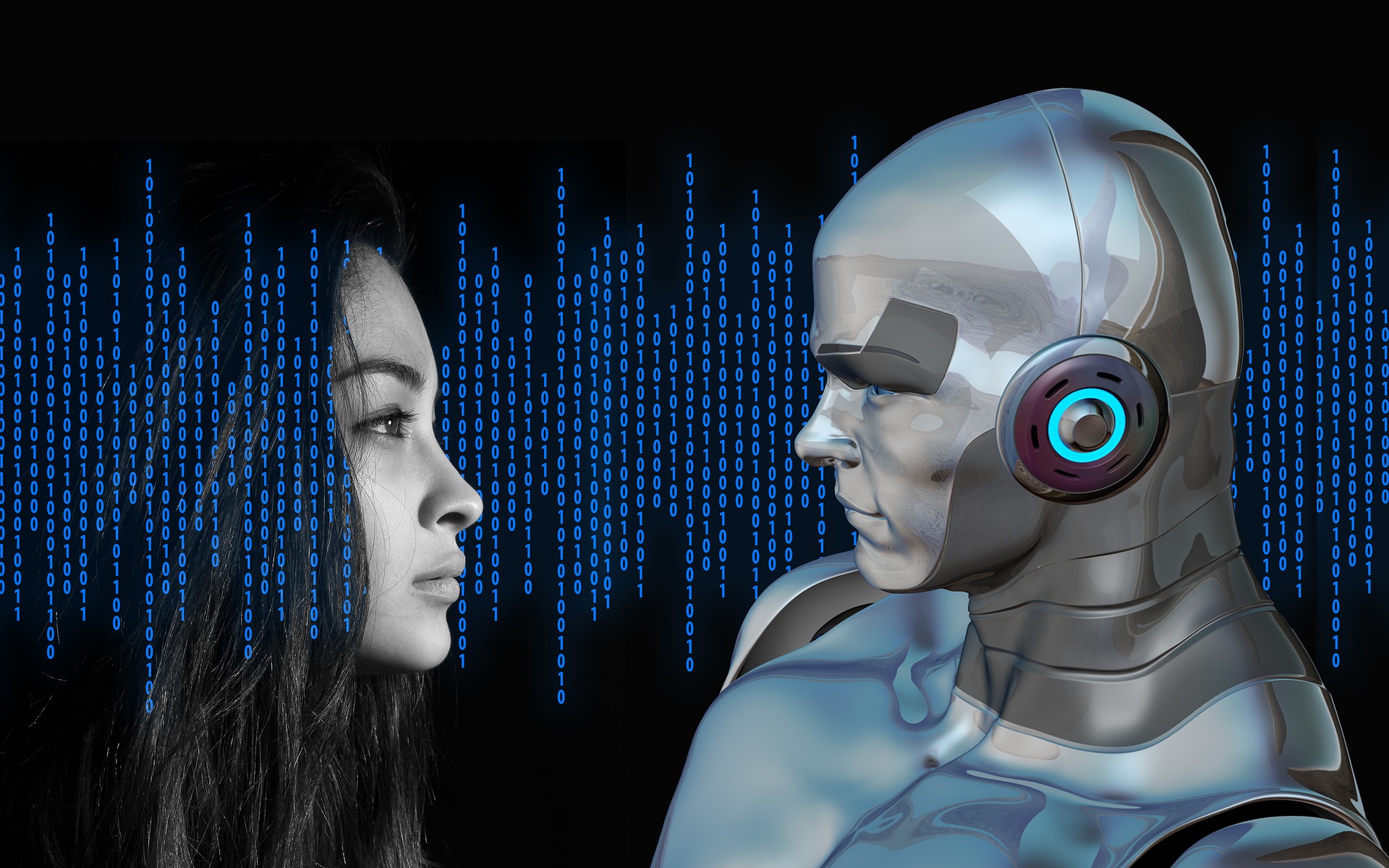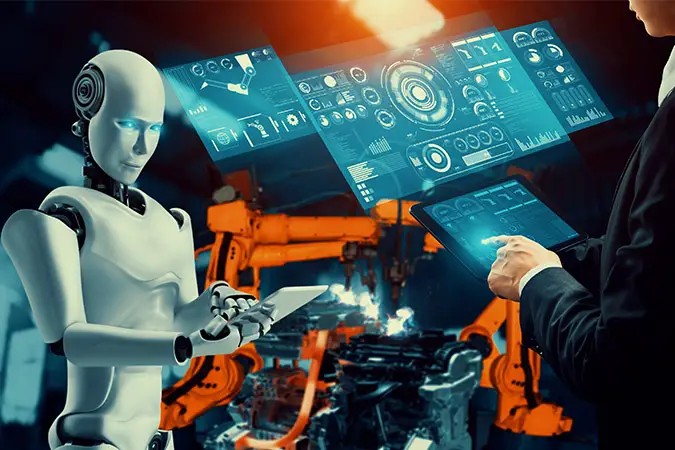The Psychology Of AI: How Humans Interact With Intelligent Machines

Executive Summary

This extensive article explores the intricate relationship between humans and AI, delving into the psychological factors that shape our interactions with intelligent machines. We analyze five key subtopics:

- Anthropomorphism: Our tendency to attribute human characteristics to AI.
- Automation Bias: Our overreliance on AI, even when it leads to errors.
- Transparency: The importance of understanding how AI works.
- Control: The need for humans to maintain control over AI systems.
- Trust: The crucial role trust plays in our interactions with AI.
By gaining a deeper understanding of these psychological factors, we can design AI systems that better align with human expectations and needs. This comprehensive guide provides valuable insights for researchers, practitioners, and policymakers working in the field of Human-AI Interaction.
Introduction
Artificial intelligence (AI) is rapidly transforming our world, from the way we work and communicate to how we make decisions and interact with the environment. As AI continues to advance, it is essential to understand the psychological factors that influence our interactions with intelligent machines. This article explores five key subtopics related to the psychology of AI, shedding light on how humans perceive, trust, and interact with these technologies.
Anthropomorphism
Anthropomorphism is our tendency to attribute human characteristics and emotions to non-human entities, such as animals, objects, and AI systems. This phenomenon is rooted in our innate need to make sense of the world around us by drawing parallels to our own experiences and understanding.
-
When interacting with AI, we often project human qualities onto them, such as intelligence, intentionality, and consciousness.
-
This can lead us to develop emotional attachments to AI systems, as we perceive them as relatable and capable of understanding our feelings.
-
Anthropomorphism can also influence our perception of AI’s capabilities and limitations, as we may attribute human-like strengths and weaknesses to them.
Automation Bias
Automation bias refers to our tendency to overrely on AI, even when it leads to errors. This is often a result of our trust in technology and our desire for efficiency.
-
When presented with information or recommendations from an AI system, we may give them undue weight, even if we have reason to doubt their accuracy.
-
This can lead to decision-making errors, as we may fail to critically evaluate the information and consider alternative perspectives.
-
Automation bias can be particularly problematic in high-stakes situations where errors can have serious consequences.
Transparency
Transparency is crucial for building trust in AI systems. When we understand how AI works, we are better equipped to evaluate its outputs and make informed decisions about whether or not to rely on them.
-
Transparency allows us to identify potential biases or limitations in AI systems, which can help us mitigate risks and make more informed decisions.
-
It also helps us to understand the reasoning behind AI’s decisions, which can foster a sense of accountability and trust.
-
Transparency is essential for building a healthy relationship between humans and AI, as it enables us to engage with the technology in a way that is both informed and responsible.
Control
Humans have a natural desire to maintain control over their environment and their interactions with others. This desire extends to our interactions with AI systems.
-
We want to feel that we are in control of the technology we use and that we can override its decisions if necessary.
-
When we feel that we have lost control over an AI system, it can lead to feelings of anxiety, distrust, and resistance.
-
Maintaining a sense of control over AI systems is essential for ensuring that humans remain ultimately responsible for the decisions that are made.
Trust
Trust is a fundamental element in human relationships, and it is no different in our interactions with AI. When we trust an AI system, we are more likely to rely on its outputs, follow its recommendations, and engage with it in a meaningful way.
-
Trust in AI is built over time through positive experiences and consistent performance.
-
It is essential for fostering a healthy and productive relationship between humans and AI.
-
Factors such as transparency, accountability, and reliability play a crucial role in building trust in AI systems.
Conclusion
The psychology of AI is a complex and multifaceted field that encompasses a wide range of factors that influence our interactions with intelligent machines. By understanding these factors, we can design AI systems that are more user-friendly, trustworthy, and aligned with human values and expectations. This article provided an in-depth exploration of five key subtopics related to the psychology of AI, offering valuable insights for researchers, practitioners, and policymakers working in the field of Human-AI Interaction. As AI continues to advance and become an increasingly integral part of our lives, it is essential to continue exploring the psychological implications of these technologies and developing strategies for ensuring that they are used in a responsible and ethical manner.
Keyword Phrase Tags
- Human-AI Interaction
- Psychology of AI
- Anthropomorphism
- Automation Bias
- Transparency

This article is very interesting and informative. I never thought about how humans interact with AI in this way before. It’s fascinating to learn about the psychology behind it.
I’m not sure I agree with everything in this article. I think humans are more in control of their interactions with AI than the article suggests.
This article provides a good overview of the psychology of AI. I would recommend it to anyone who is interested in learning more about this topic.
I think the author of this article is making some unfair assumptions about human behavior. I don’t think humans are as easily influenced by AI as the article suggests.
So, you’re telling me that AI is going to take over the world? That’s hilarious.
Oh, wow, this article is groundbreaking. I never would have guessed that humans interact with AI.
I’m not sure why I’m reading this article. I don’t even know what AI is.
This article has really made me think about the role of AI in our lives. I think it’s important to be aware of the potential risks and benefits of AI so that we can use it wisely.
I’m not sure what this article is trying to say. It seems like the author is just rambling on about AI.
This article provides a good overview of the psychology of AI. I would recommend it to anyone who is interested in learning more about this topic.
I think the author of this article is making some unfair assumptions about human behavior. I don’t think humans are as easily influenced by AI as the article suggests.
So, you’re telling me that AI is going to take over the world? That’s hilarious.
Oh, wow, this article is groundbreaking. I never would have guessed that humans interact with AI.
I’m not sure why I’m reading this article. I don’t even know what AI is.